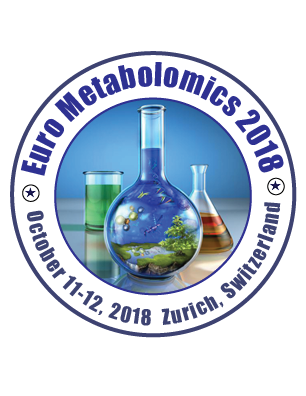
Ryohei Eguchi
Nara Institute of Science and Technology, Japan
Title: Classification of biosynthesis pathways of alkaloids using graph convolutional neural networks
Biography
Biography: Ryohei Eguchi
Abstract
Secondary metabolites are defined as a group of natural compounds that are not directly involved in growth, development or reproduction of organisms. The term ‘secondary’ in the context of metabolic pathways, was introduced in 1891. The functions of secondary metabolites are related to their prevalent potent biomolecular activity acquired in evolution process involving pest and pathogen defense, UV-B-sunscreens etc. The classification of secondary metabolites taking chemical structure and metabolic pathway into consideration could provide important clues to activities of metabolites which lead to interpretation of function acquisition mechanisms of secondary metabolites in evolutional process. And, various chemical descriptors such like molecular fingerprints have been long discussed to represent biochemical features, in order to embed molecular structures into a numerical space and quantify their activities. However, it is still difficult to predict bioactivities from molecular structures since it depends on the choices of those chemical descriptors. Recently, machine learning methods based on Graph Convolutional Neural Networks (GCNN) have been proposed that can automatically optimize a model for molecular feature extraction from the given training sets. This study introduces an application of GCNN to predict metabolic pathways of alkaloids, namely, one of the largest family of secondary metabolites in plants. The author trained and tested GCNN model on 578 alkaloid compounds and the mean accuracy of 20 runs with random sampling is about 94% (Number of epoch: 200). It is greatly expected that it will lead to an understanding of the evolution of metabolic system unique to organisms.

